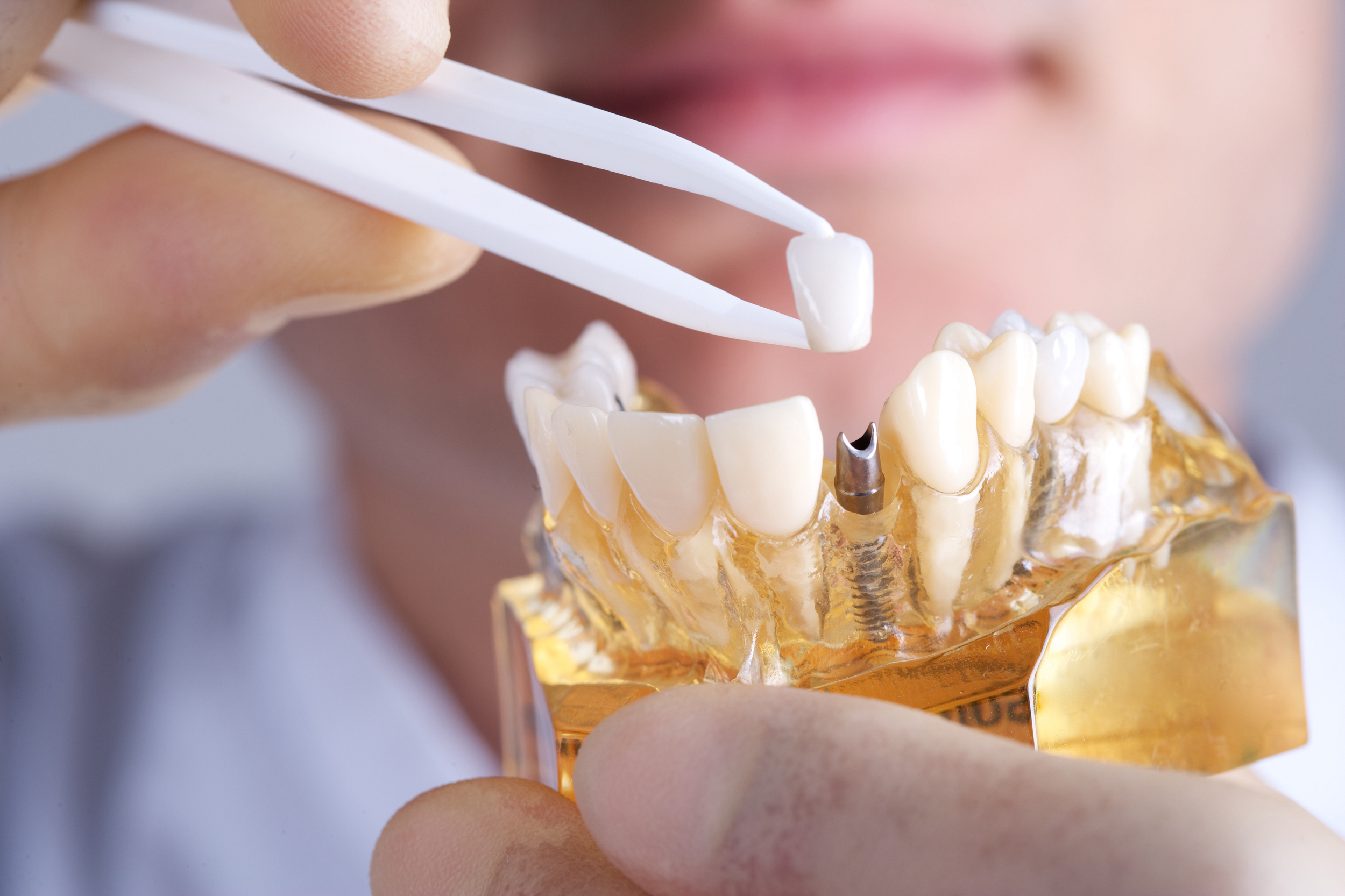A common and effective method to replace missing teeth is dental implants. They are small titanium screws that are surgically inserted into the jawbone to provide a strong and stable foundation for dentures or other types of tooth replacement.
Like any medical procedure, there are risks involved. One of the most common causes of failure in dental implants is peri-implantitis. Peri-implantitis is an inflammatory disease that affects the soft and hard tissues around dental implants. If left untreated, it can lead to implant failure and bone loss.
What then are the causes of peri-implantitis and how can they be avoided? We will examine the most common reason dental implants fail in this blog post and offer suggestions on how to prevent it.
What Causes Peri-Implantitis?
A bacterial infection that develops near the dental implant is the root cause of peri-implantitis. Inflammation and bone loss may result from this medical condition. Numerous factors, including poor dental hygiene, smoking, and periodontal disease that has already developed, might be the source of the bacteria.
Poor Oral Hygiene
Poor oral hygiene is one of the most common causes of peri-implantitis. Plaque and bacteria surrounding your dental implant can build up if you don’t brush and floss on a regular basis. Inflammation and infection may result from this, which may result in the implant failing.
Smoking
Another important risk factor for peri-implantitis is smoking. Smoking decreases the amount of blood that reaches the gums, which might make it more difficult for the body to fight off infections. Periodontal disease, which increases the likelihood of implant failure, is also more common in smokers.
Pre-existing Periodontal Disease
You are more prone to develop peri-implantitis if you already have periodontal disease. A bacterial infection known as periodontal disease damages the gums and can result in tooth loss. You can be more prone to getting an infection around your dental implant if you have periodontal disease.
How to Prevent Peri-Implantitis
Fortunately, peri-implantitis is treatable. Here are some tips to assist you to avoid this common cause of dental implant to fail:
Maintain Good Oral Hygiene
Preventing peri-implantitis requires practicing proper dental hygiene. You should floss at least once daily and brush your teeth twice daily. Use fluoride toothpaste and a soft-bristled toothbrush. Ask your dentist or dental hygienist for tips on how to effectively clean any areas surrounding your dental implant that are difficult for you to access.
Quit Smoking
The best thing you can do for your dental health is to stop smoking if you do. Giving up smoking can help your gums have better blood flow and lower your risk of peri-implantitis.
Visit Your Dentist Regularly
To preserve good oral health, routine dental examinations are essential. Our dentist in Saskatoon can keep an eye on the condition of your dental implant and spot any early indications of problems. Additionally, they may offer assistance on how to keep up proper dental hygiene and prevent peri-implantitis.
Treat Pre-Existing Periodontal Disease
Prior to receiving a dental implant, it is essential to address any periodontal disease you may have. An infection surrounding your implant can be prevented by treating periodontal disease.
Visit Brighton Dental Centre if you are considering dental implants in Saskatoon. We have a team of experts who can help you determine the right treatment option to address your dental issues. You can restore your oral health and smile by replacing your missing teeth with dental implants. Consult with our experts to learn more about the advantages, risks, and other factors of the dental implant procedure to understand if it is a suitable option for you.
Contact us and book your appointment today!

